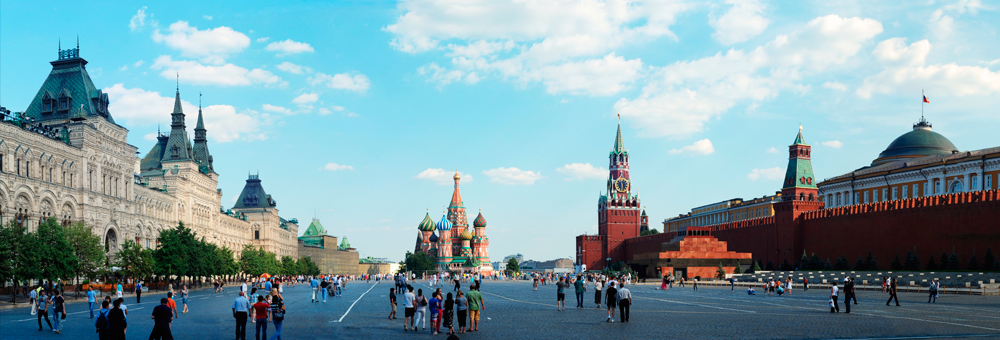The study focused on Russian activity in Europe and the Kremlin's ties with ‘Euro-skeptics', the ultra-right and religious groupings.
From the results it was evident that the spread of anti-Western ideology through ‘soft-power' has used open diplomacy and the pretence of protecting Russians abroad. An important tool has been the media for which Russia is currently formulating a new info-doctrine focussing on the promotion of Russian intellectual and cultural values worldwide.
Russia's influence is passed on in different ways in each state depending on the similarities/dissimilarities with Russian culture or local preconceptions of Russia. Opportunities vary according to the pro- or anti-Russian feeling amongst the elite and the public. If public opinion isn't pro-Russian, then the export of values takes an indirect route. Usually the use of peripheral, ‘unimpotant' organizations and existing, reactionary groups has more success than publically familiar ones. (Read more: Estonian Life No. 43 2016)




